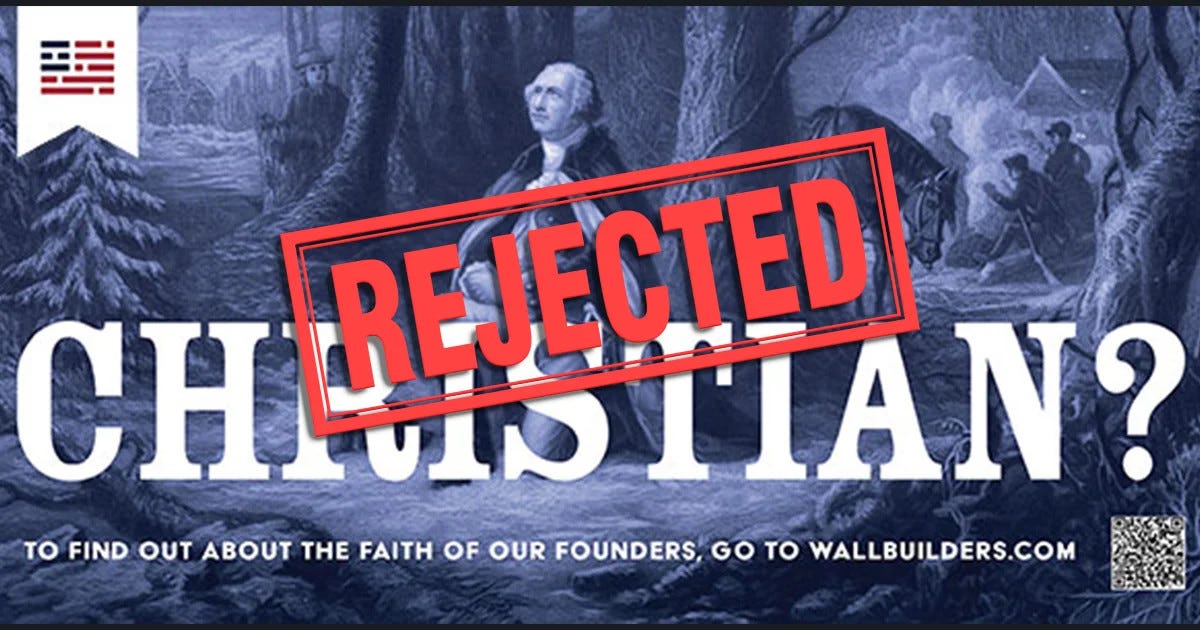Judge rules transit agency erred in rejecting Christian nationalist group’s ads
Organization had support of both ACLU and conservative advocates

So much for the claim that the American Civil Liberties Union supports only left-wing causes.
The ACLU won a significant victory this week wh…


